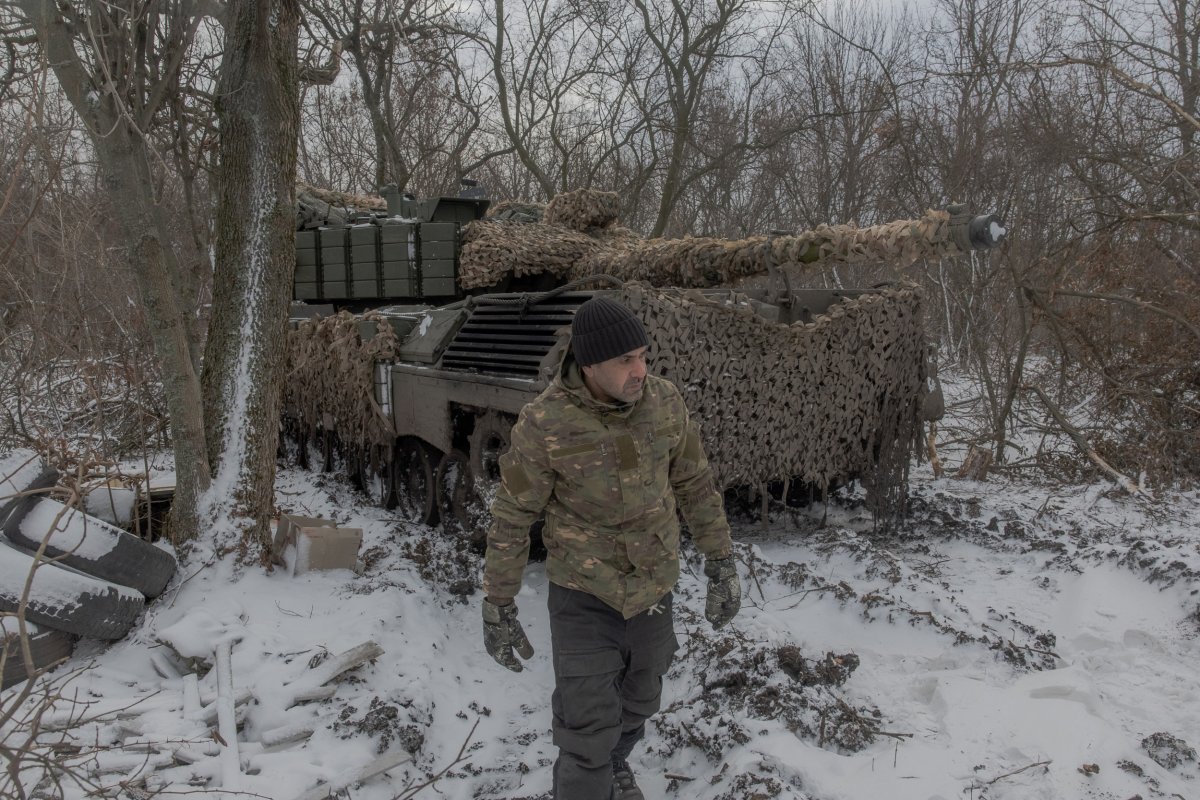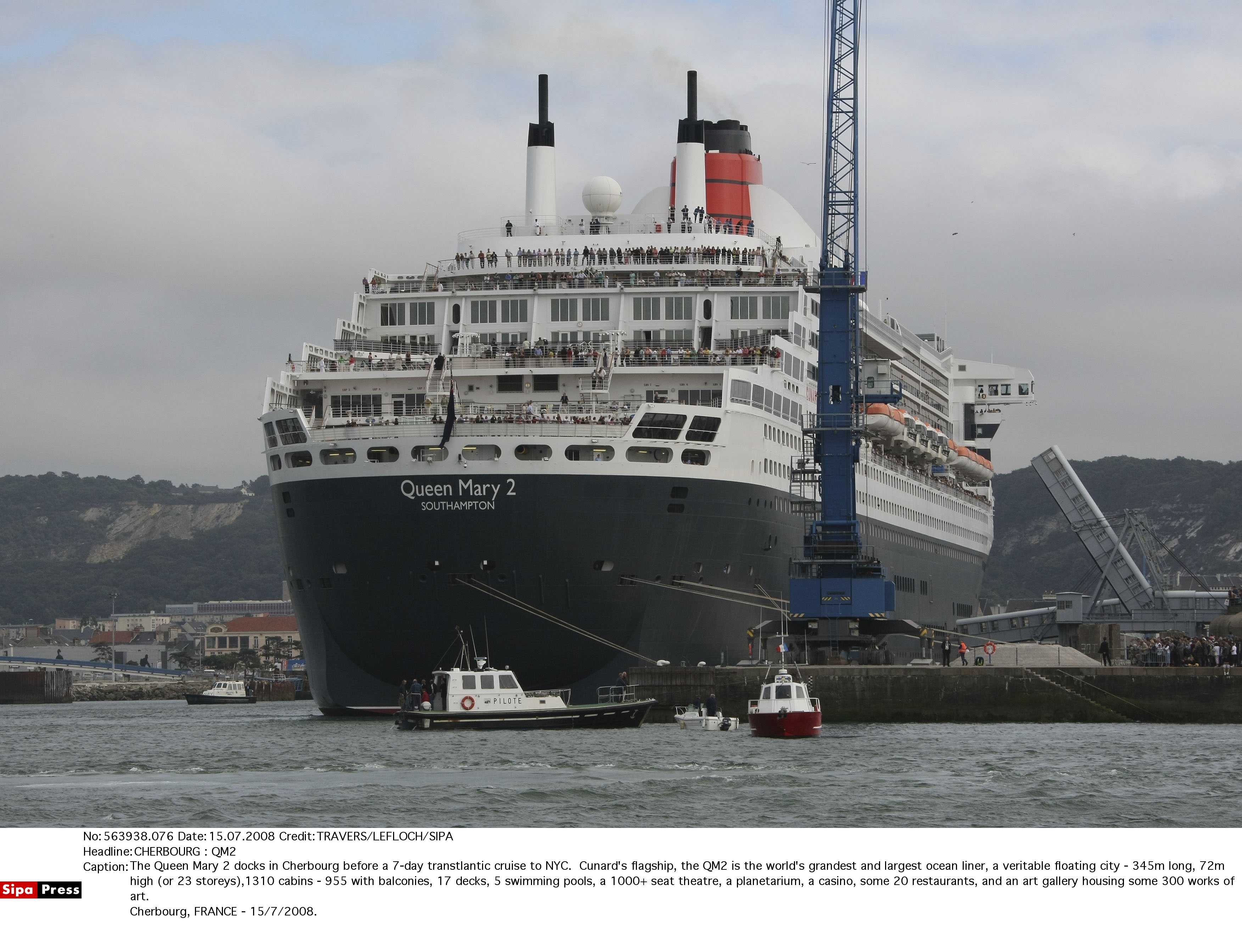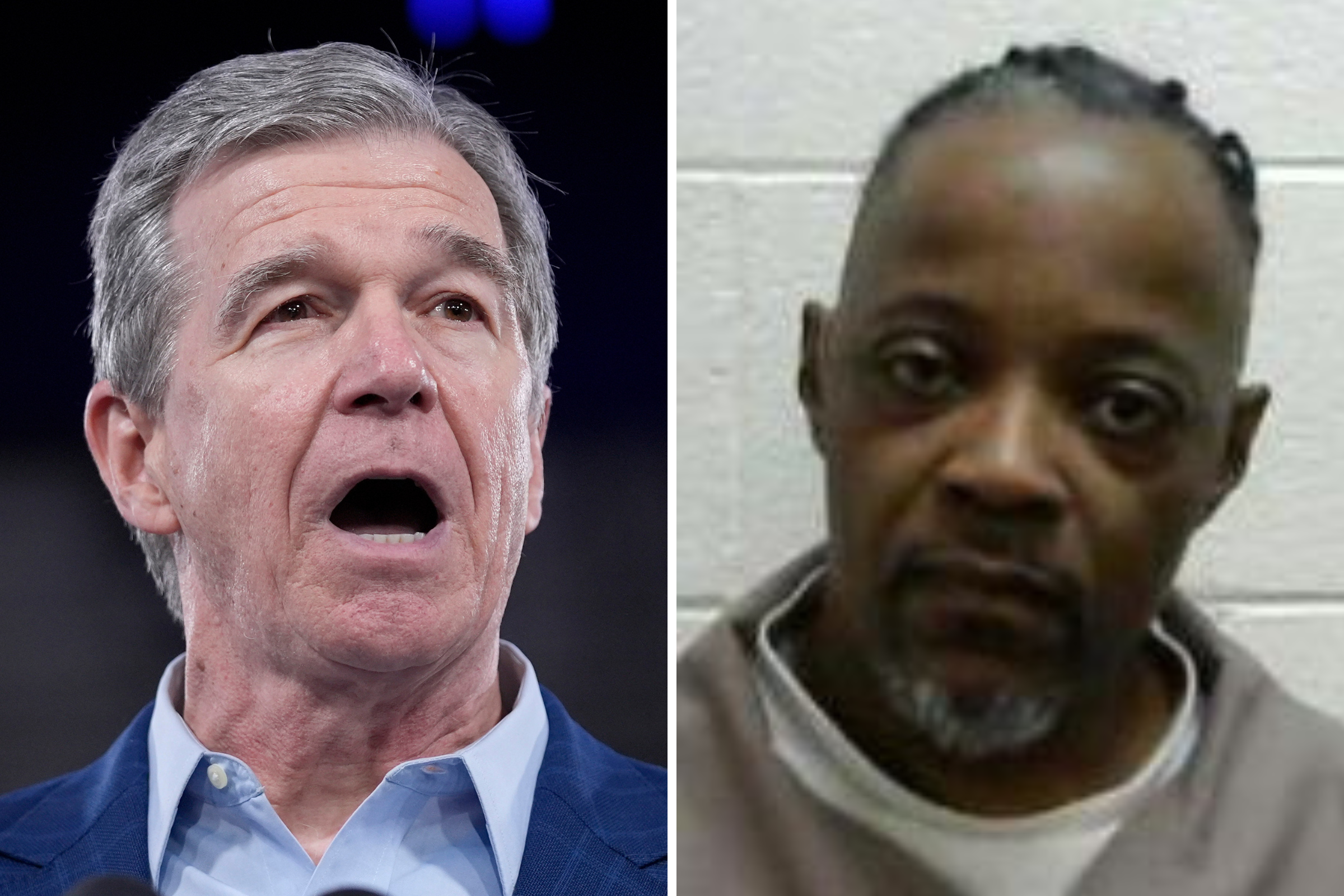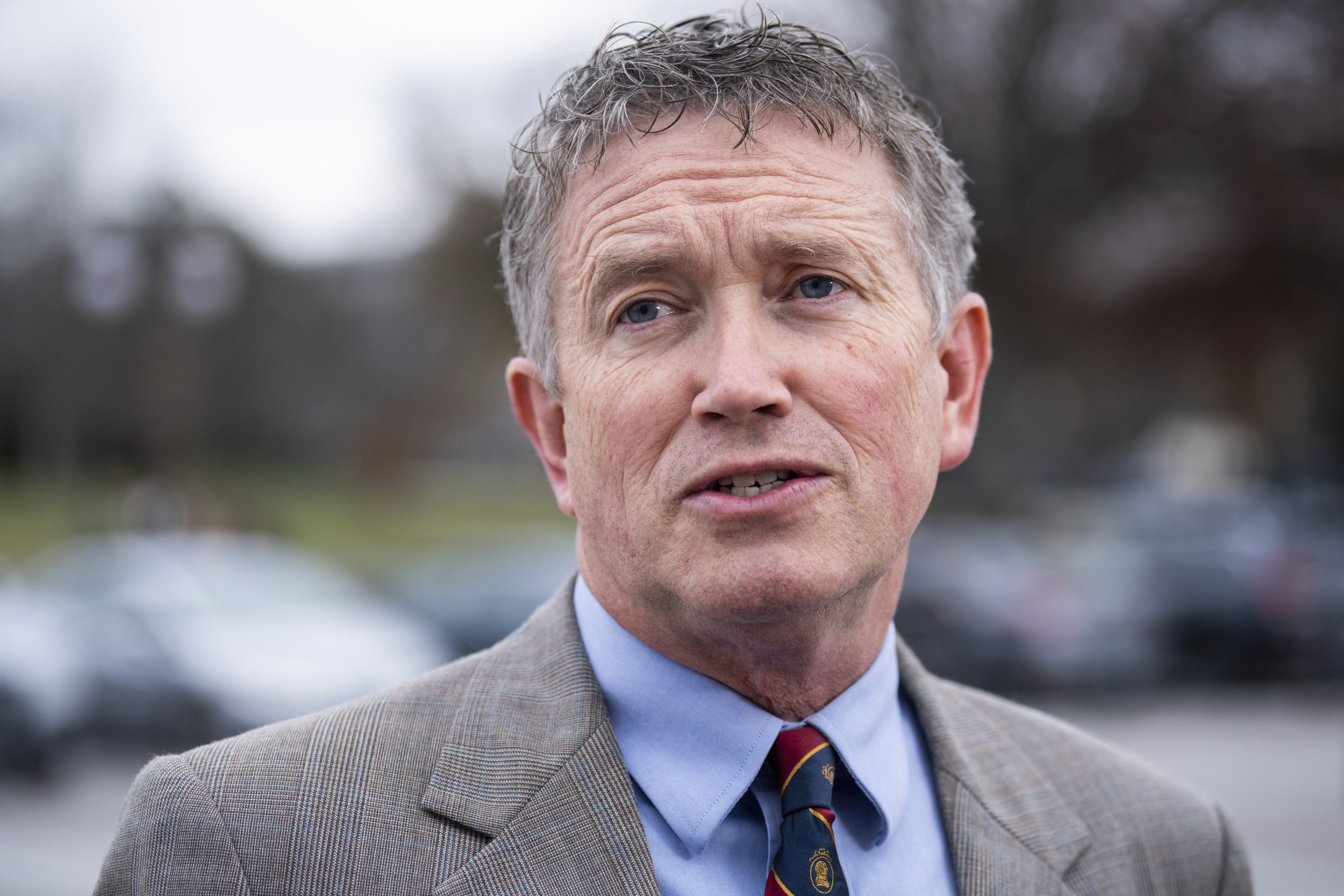President-elect Donald Trump has put both Ukrainian President Volodymyr Zelensky and Russian President Vladimir Putin on notice about his intention to force both men to the negotiating table in early 2025 once he returns to the White House.
Trump has used America's decisive military might as an inducement for both sides, threatening to pull pivotal U.S. resources from Ukraine if Zelensky refuses to negotiate, and conversely to increase them significantly if Putin declines.
February 2025 will see the third anniversary of Russia's full-scale invasion of Ukraine, widely seen as a war of aggression and unjustified land grab, but which Putin defends as necessary for his country's security against NATO's expansion.
With Trump's return looming, Newsweek asked the experts: Will there be a Russia-Ukraine peace deal in 2025? Here's what they told us.
Fabrice Pothier, CEO, Rasmussen Global; NATO's Former Director of Policy Planning
For peace to hold a peace deal has to be fair. Ukraine has clearly signaled their willingness to negotiate and compromise—they want the war to end more than anyone—but if the Ukrainian people do not perceive an agreement to be just, they will have little interest to go for a bad deal.
A fair agreement will require robust security guarantees for Ukraine, backed by the United States, to ensure that Putin cannot just rest, rearm, and strike again.
NATO membership is the ultimate security guarantee—but in the interim, it is critical that European NATO allies demonstrate to Trump that they are willing to take the brunt of the guarantees.
If Europe and Ukraine commit to taking on 70 percent of the costs for Ukraine's future security, and if Europe commits to leading post-war peace enforcement, there will be the framework of a deal that could work for Trump, Ukraine, and Europe.
Stephen M. Walt, Robert and Renee Belfer Professor of International Affairs, Harvard Kennedy School
There may be an agreement for some sort of ceasefire, but not an agreement that addresses all the outstanding issues, including Ukraine's security relations with the West, war crimes charges, permanent borders, reconstruction funds, etc.
There is also the issue of Europe's future security architecture, an immensely complex subject, that requires broad multilateral agreement and cannot be negotiated in 12 months.

Vladimir Milov, Former Russian Deputy Minister of Energy; Economist and Opposition Politician
There may be a Russia-Ukraine peace deal in 2025 due to several factors— pressure from the incoming Trump administration, extreme resource exhaustion on both sides of the war—but any ceasefire agreement is likely to be premature, and, therefore, fragile and prone to future collapse, similarly to former Minsk agreements of the past.
The fundamental cause of the war—Russia's aggressive imperialistic ambition to subjugate Ukraine and eliminate its sovereignty—will not disappear after any ceasefire.
Russia isn't only not backing down in any way on its imperialist claims to dictate Ukraine's future, but, if one refrains from wishful thinking about imaginary "peace" and actually listens to what the Russian top figures were saying recently, is, in fact, doubling down on its aggressive rhetoric, emboldened by Ukraine's war fatigue and insufficient military aid from Ukraine's allies.
Kori Schake, Senior Fellow and Director of Foreign and Defense Policy Studies, American Enterprise Institute
The only peace deal likely in 2025 is a catastrophic one made possible by the end of U.S. and Western support to Ukraine, because Russia is unlikely to settle for the territory it is already in possession of since they're slowly succeeding on the battlefield.
The only other possible game changer is the Trump Administration sanctioning Russian oil, making continued prosecution of the war too costly for Russia.
Charles Kupchan, Senior Fellow, Council on Foreign Relations
A ceasefire in 2025 is more likely than not, but a formal peace deal is quite unlikely. Russia and Ukraine may agree to deescalate and turn the existing front line into a border of sorts.
But agreement on broader issues—such as the geopolitical alignment of Ukraine and the status of Ukrainian territory occupied by Russia—will be out of reach.
The result will be more of a frozen conflict than a durable peace—perhaps resembling the situation on the Korean peninsula.

Kateryna Stepanenko, Russia Analyst and Deputy Team Lead, Institute for the Study of War
There is unlikely to be any peace deal between Ukraine and Russia in 2025 given that the Kremlin remains committed to its original goal of the full destruction of the Ukrainian state, capitulation of the Ukrainian government, and the eradication of the Ukrainian military.
The Kremlin is also demanding that Ukraine surrender territories that Russia does not even occupy in eastern and southern Ukraine. The Kremlin is framing these maximalist and unrealistic demands as preconditions for any peace talks and is unlikely to back down from these demands.
The Kremlin uses these unwavering demands as a tool to convince the U.S. and the West to abandon their support for Ukraine and to present itself as capable of outlasting U.S. and Western support for Ukraine.
Anne-Marie Slaughter, CEO, New America; Former Director of Policy Planning, U.S. State Department
It is very unlikely that Russia and Ukraine will reach a peace deal in 2025, but they could well reach a ceasefire that could stretch into a de facto cold peace. After all, North and South Korea have never signed a peace deal.
A ceasefire would give Russia much-needed breather; Zelensky a chance to assess the changed political landscape in the U.S. and Europe while re-arming; and Trump an early win that he can celebrate as evidence of his ability to end wars, which is not the same thing as establishing peace.
Dr. Jamie Shea, Associate Fellow, International Security Programme, Chatham House
There will be a Russia-Ukraine ceasefire in 2025, but whether there will be a fully-fledged peace agreement that puts a definite stop to the war is open to doubt.
Ukraine is clearly exhausted and is having difficulty raising fresh troops to replace its killed and wounded and to hold back further Russian advances in the Donetsk region.
So it has an interest in a ceasefire now and peace negotiations before it loses more territory to Russia, which Putin will assuredly refuse to hand back even as part of a durable peace agreement.
The U.S. and several European countries will also push Zelensky to negotiate, the U.S. because it is tired of supporting Ukraine and the Europeans because they are running out of weapons to give to Kyiv, and many of those weapons are in any case made in the U.S.
But a real peace seems unlikely in 2025 as Ukraine is demanding security guarantees in the form of NATO membership or foreign peacekeepers on its territory, which will be difficult (and expensive) for the West to grant, plus reconstruction aid, and lots of detail on refugee return, POW transfers, Black Sea transit, and demilitarized zones, which will be difficult and time-consuming to negotiate.
So expect more of a return to a frozen conflict situation leaving the fate of Ukraine in the balance.
A big question for NATO and the EU is how they prevent further Russian aggression and integrate what remains of a sovereign Ukrainian state into their structures while stabilizing their relations with Moscow and avoiding a general European war.




















 English (US) ·
English (US) ·